Here’s What You Should Know—and How You Can Help
Maybe you just attended a powerful presentation about human trafficking.
Maybe your heart feels heavy.
Maybe you’re wondering: What can I do?
Those feelings are real. They matter. And they’re the starting point for real change.
Human trafficking is a devastating reality that happens closer to home than many of us realize. But if we truly want to help, it’s important to not only feel deeply — but also to understand deeply.
The Truth: Trafficking Isn’t Always What We Think It Is
Trafficking doesn’t always look like it does in movies.
It’s not always a stranger with a van or someone online.
More often, it’s someone the victim knows, trusts, or even loves.
Many victims don’t immediately realize what’s happening.
When someone manipulates your emotions, your needs, and your hope for love and safety, the lines can blur. Traffickers use powerful tools like coercion, threats, emotional abuse, and isolation — not just physical force.
Trafficking thrives in complexity. Poverty, homelessness, addiction, past trauma — all of these can create vulnerabilities that traffickers exploit.
Reducing demand is important, but so is reducing the vulnerability of trafficking victims. Because trafficking doesn’t happen in a vacuum. It’s also fueled by deeper issues like poverty, instability, and a lack of safe options.
Real change means looking at the full picture and addressing what makes people vulnerable in the first place. When we provide support, resources, and real opportunities, we reduce those vulnerabilities—and we walk with survivors every step of the way.
What You Can Do
If you’re ready to move from heartbreak to action, here are some meaningful steps:
- Learn the signs. They’re often more subtle than what we expect. Here are some signs we’ve observed in our work: Human Trafficking
- Support survivors without judgment. Healing is a journey, not a straight line. Survivors need compassion and patience — and there are no quick fixes when it comes to healing.
- Advocate for change. Fight for policies and programs that help people meet their basic needs in safe ways. Security is often the first line of defense against trafficking.
- Stay informed. Go beyond the headlines to understand the broader picture. Rooted change happens when we dig into reality and push for lasting impact.
- Back the programs doing the work. Local organizations like ours provide essential services—emergency housing, advocacy, counseling, and more. But the resources available rarely match the scale of the need. Community support helps close that gap so survivors can access help when they need it most. Your support helps keep these lifelines available.
We Walk Alongside Survivors—Every Step of the Way
At Family Crisis Centers, we are committed to walking alongside survivors throughout their journey — wherever they are, however long it takes.
Whether someone is ready to leave immediately, still sorting through the manipulation, or working to rebuild after trauma, we’re here with real support: safe housing, counseling, advocacy, and a path toward renewed hope.
This work doesn’t happen in a single moment. It happens over months and years, through trust, compassion, and steady support.
If you’re wondering how you can stand with survivors, one way is by supporting local services that make healing possible — ensuring resources are available when people need them most, in their most vulnerable moments. Local support helps create a stronger, more connected community where survivors can find the help they need, right where they are.
It’s easy to feel overwhelmed by the darkness of something like human trafficking. But every act of compassion, every moment of advocacy, and every effort to learn more lets a little more light in. And that’s how change happens — not all at once, but person by person, heart by heart, light by light.
PS: If today’s post stirred something in you, we invite you to keep walking with us. In the coming weeks, we’ll explore the hidden realities of trafficking, the complex journeys survivors take, and the many ways you can make a difference.
